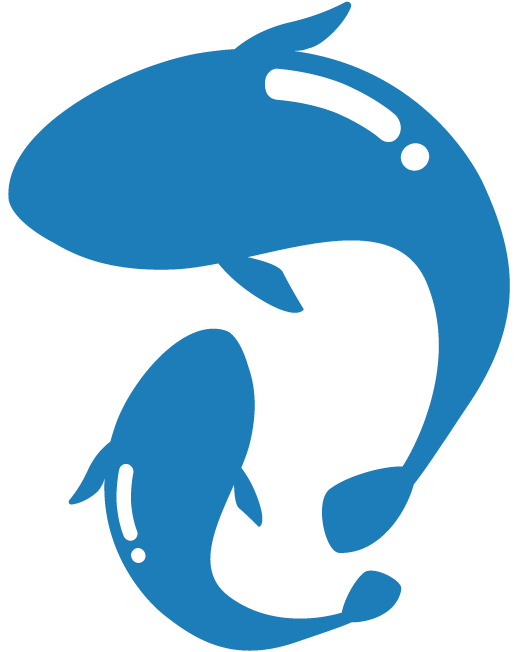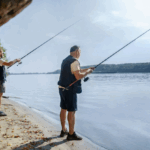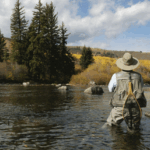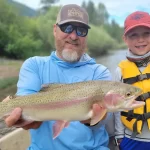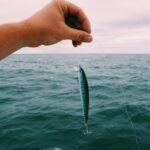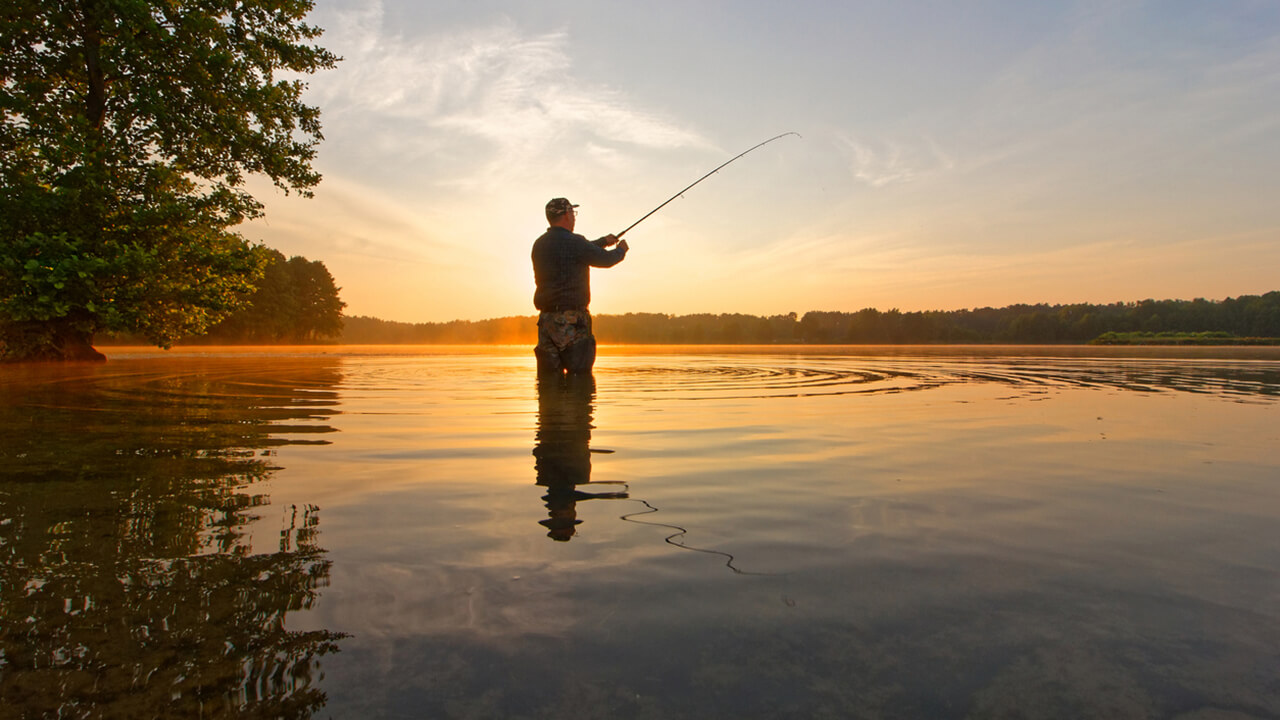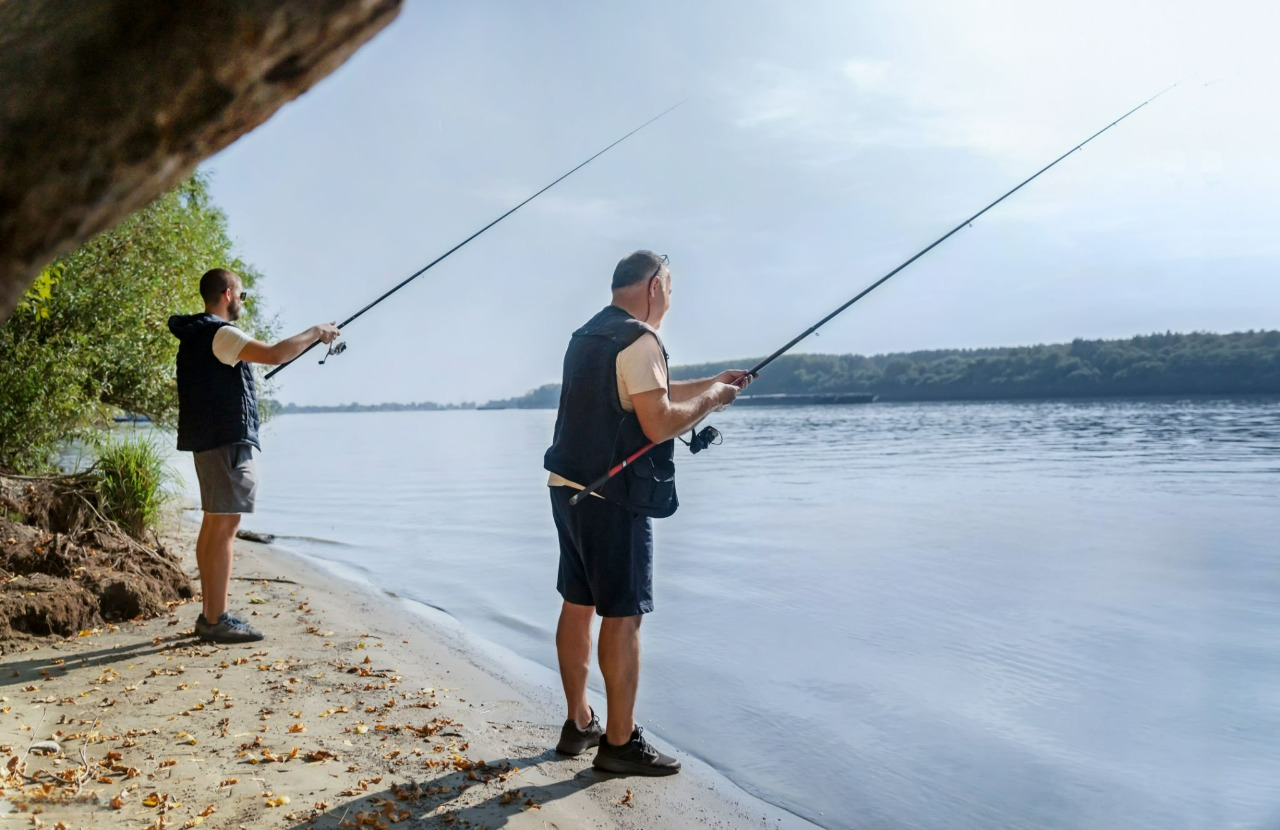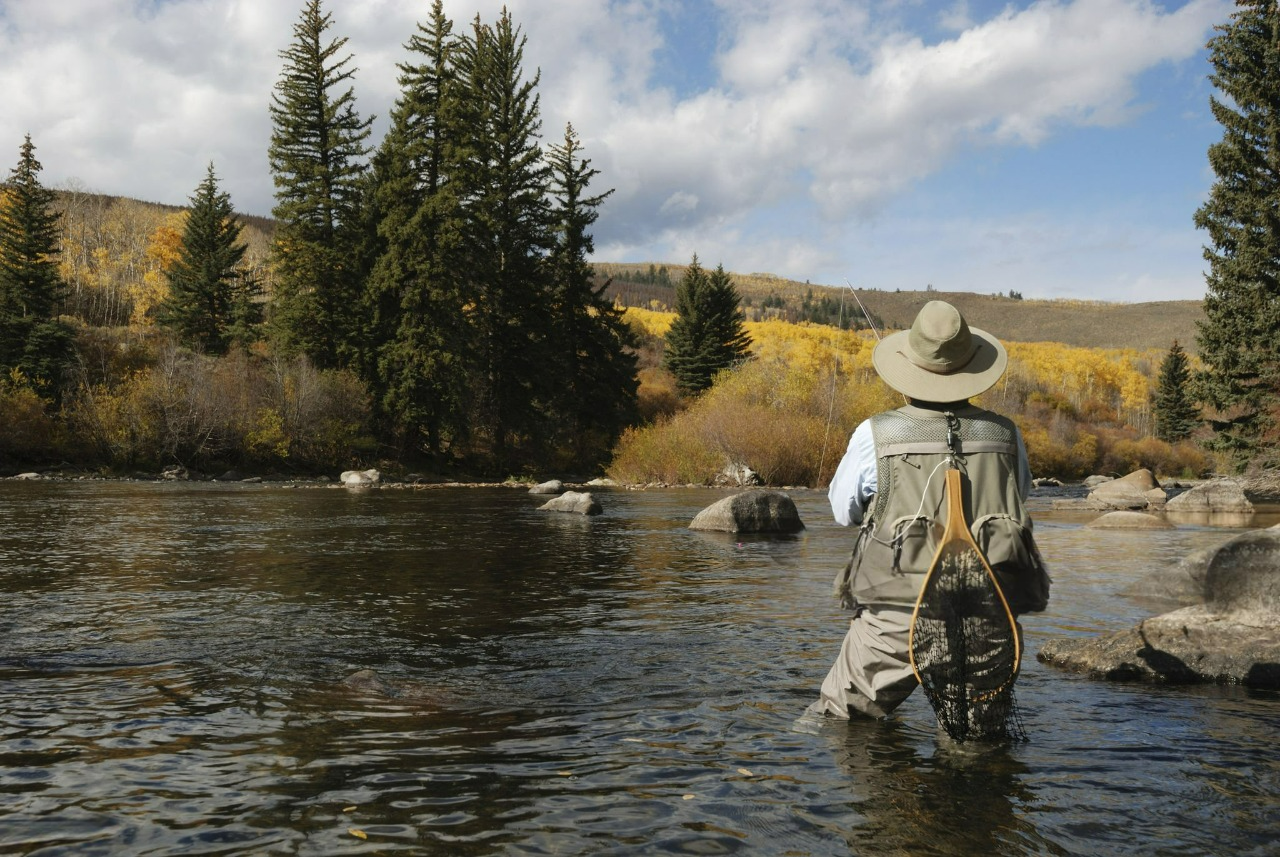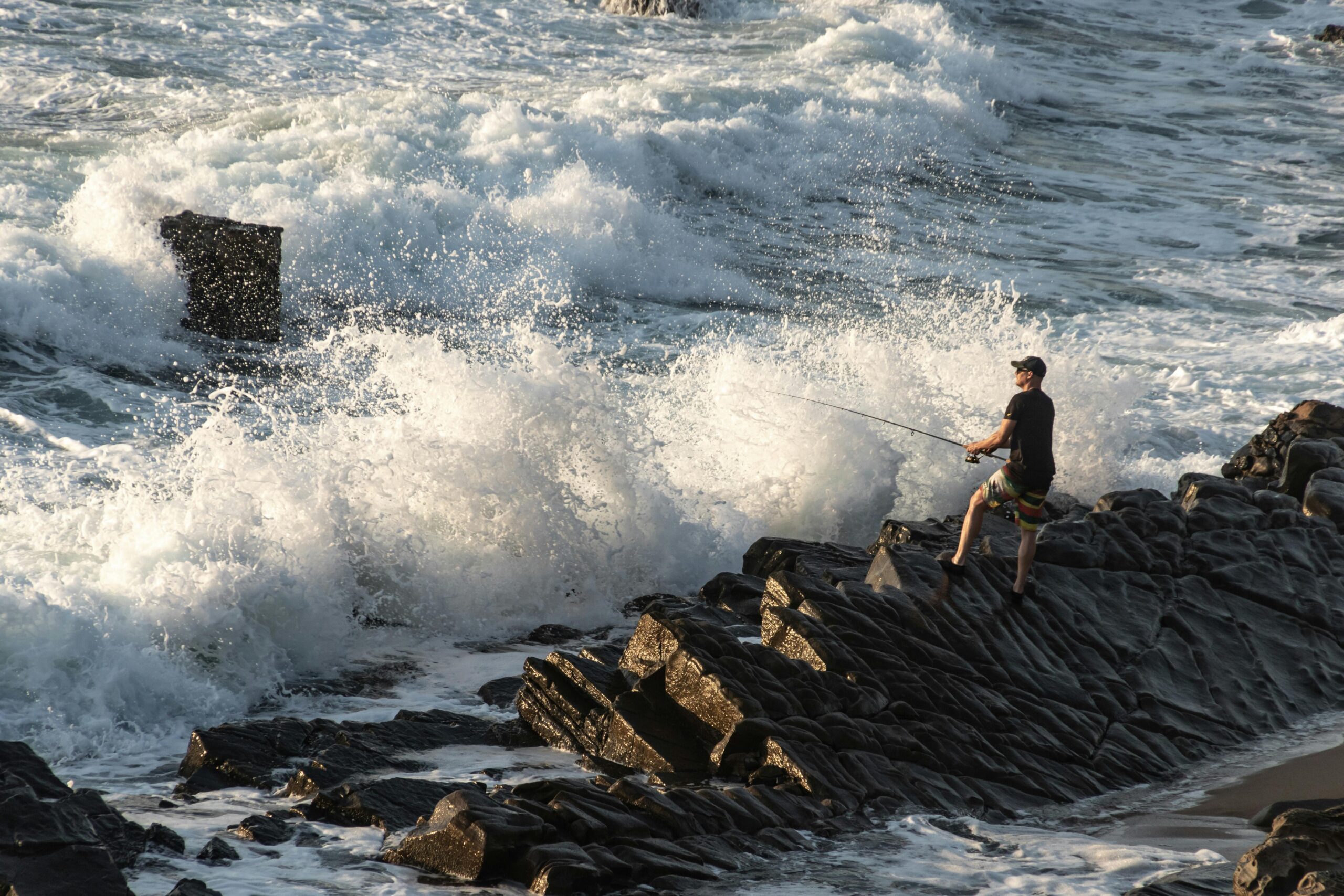Fishing is often viewed as a simple activity: cast, wait, set the hook, and reel in the catch. But what happens when the fish aren’t biting? This is where the true mental game of fishing comes into play. Even the most seasoned anglers will encounter days when their usual techniques seem ineffective. Instead of allowing frustration to take over, mastering the mental side of fishing can be the key to success. Here’s how to stay focused, positive, and adaptable when the fish aren’t cooperating.
1. Embrace the Journey, Not Just the Catch
The first step to mastering the mental game of fishing is to shift your mindset. Yes, fishing is about catching fish, but it’s also about enjoying the experience. As the saying goes, “They don’t call it ‘catching,’ they call it ‘fishing.’” Accepting that not every trip will result in a successful catch can help you enjoy the process. When fishing becomes more about the experience of being outdoors—whether that means watching the sunrise, appreciating the sounds of nature, or enjoying the company of a fishing buddy—it becomes less about the fish and more about the joy of being on the water.
This mental shift helps lower stress levels and makes your time on the water more fulfilling, even on those tough days when the fish just aren’t biting.
2. Be Ready to Adapt and Pivot
One of the biggest mental challenges in fishing is staying committed to a technique that just isn’t working. Sometimes, fish won’t respond to the lure or bait you’re using, or the fish have simply moved on. It can be mentally difficult to admit that the strategy isn’t working, but the most successful anglers know when to pivot.
Switching techniques—like moving from topwater lures to jigs, or changing the color or size of your bait—can often make the difference between a frustrating trip and a successful one. Don’t be afraid to experiment with different methods. Fishing is as much about reading the water and adapting as it is about having the right gear. Keep your mindset flexible and open to new possibilities.
3. Move with Purpose, Not Out of Frustration
Staying in one spot for too long can lead to mental burnout. While patience is a valuable trait in fishing, knowing when to move is just as important. Sometimes fish are simply not in the area you’re targeting, and continuing to fish the same spot out of frustration can drain your energy and focus.
If you’ve given a spot a fair chance and the fish aren’t biting, it’s time to explore new areas. A fresh spot can reinvigorate your mindset, giving you a renewed sense of hope and excitement. Whether it’s a new stretch of water, a different depth, or an alternate technique, changing your approach can make all the difference.
4. Stay Alert and Read the Water
Fishing isn’t just about casting and waiting—it’s about being present in the moment. The best anglers are always observing their surroundings and listening to the water. Is the wind picking up? Are clouds rolling in, changing the light or the temperature? Has there been a sudden splash nearby that could indicate fish feeding?
Fishing is an interactive experience, and your concentration can often reveal hidden clues. Staying off your phone, avoiding distractions, and really focusing on the water around you helps you stay mentally sharp and increases your chances of success. The more you tune into your environment, the better your odds of recognizing patterns or subtle signs of fish activity.
5. Keep Learning and Evolving
Fishing is a lifelong learning process, and there’s always something new to discover—whether it’s a new location, a new technique, or a better understanding of fish behavior. If you’re a beginner, starting with simple setups like bait and bobber is perfectly fine. As you build confidence and skill, you can gradually challenge yourself with more complex techniques, like using lures or fly fishing.
Even experienced anglers continue to learn, adapting to new conditions, learning from each catch (or missed catch), and applying new knowledge. Embrace the growth mindset and recognize that every fishing trip is an opportunity to refine your skills and learn something new.
6. Keep Calm and Stay Focused
Fishing, especially in tournament or high-stakes settings, can induce nervousness or excitement, which in turn can affect your decision-making. The best anglers, however, know how to manage those nerves. It’s not about eliminating excitement but learning to channel it in a way that improves your focus.
If you feel your heart racing or the adrenaline kicking in, take a deep breath, focus on the task at hand, and trust your skills. Whether you’re working a lure slowly or trying to time a hookset perfectly, staying calm allows you to make the best possible decisions. Remember, fishing is a game of patience and focus, and the more you practice, the better you’ll become at managing your emotions and maintaining control.
7. Celebrate the Small Wins
Fishing isn’t always about the trophy catch. Celebrate the small victories—whether it’s perfecting a new cast, learning how to read the water better, or simply enjoying a peaceful day on the water. Recognizing these little accomplishments boosts your confidence and helps you stay mentally engaged, even on challenging days.
As you grow as an angler, you’ll come to appreciate the journey more than the destination. The excitement of landing a fish will always be thrilling, but the joy of becoming a more skilled, patient, and adaptive angler is what truly makes the sport rewarding.
Conclusion
Fishing is as much a mental challenge as it is a physical one. The best anglers are not necessarily those who can catch the most fish, but those who can stay calm, stay focused, and adapt to changing conditions. Whether you’re fishing for fun or competing in a tournament, the mental game is just as important as the physical technique. So, the next time you find yourself struggling on the water, take a moment to reset, embrace the experience, and stay focused on the journey. Remember, the mental game of fishing is just as rewarding as the catch itself.
